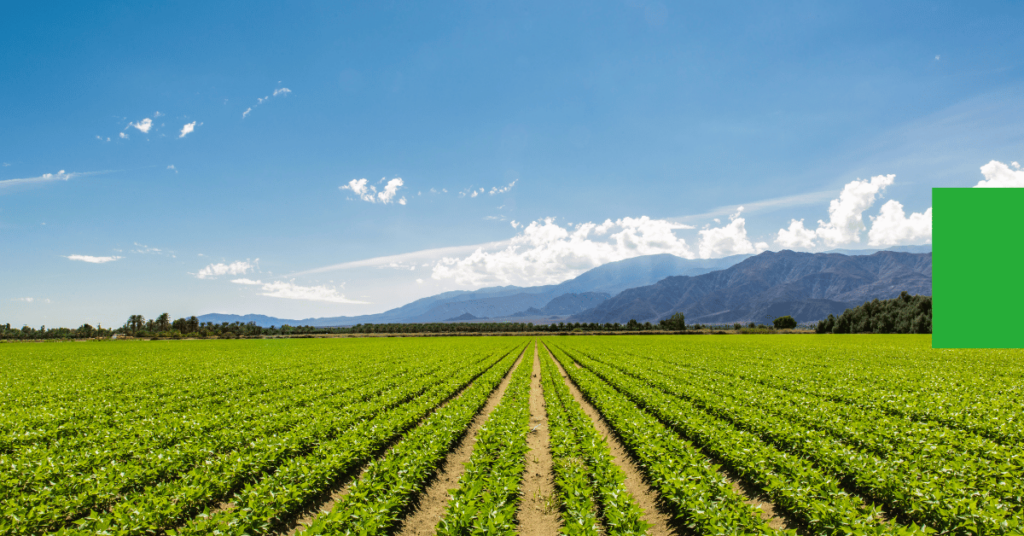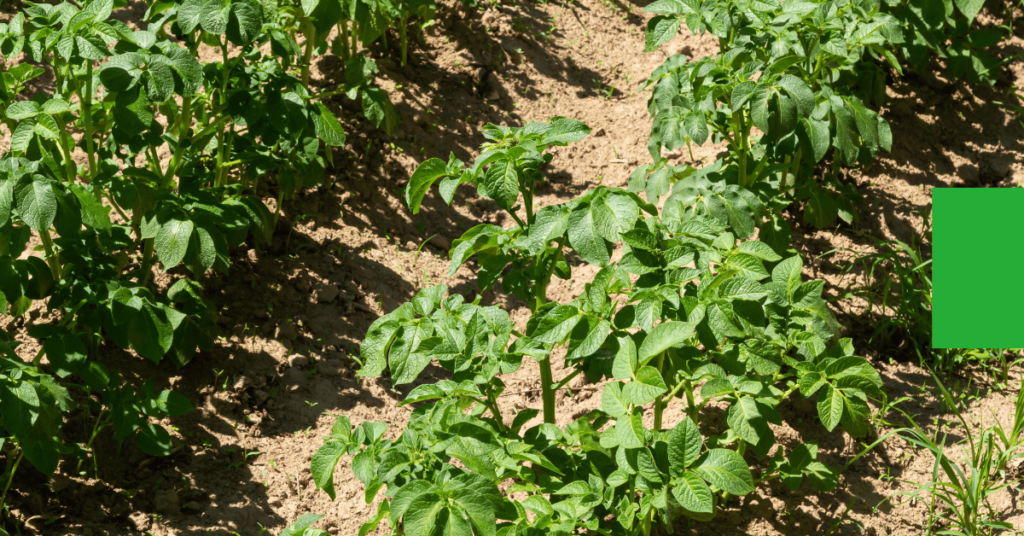5 Techniques to Increase Profits from Agricultural Farms
In the ever-evolving agricultural industry, increasing profits from agricultural farms could be a challenge especially when it is been practised in third-world countries where the farmer\\\’s duty is to fund the various processes of the agricultural operation and the proceeds does not correlate with making maximum profits It is quite a challenge in the tussle with major intermediaries such as market women, marketers etc who are there to make a profit at the expense of the farmers. Making a profit is quite a priority for farmers but this is not far-fetched or hard. By implementing effective strategies, farmers can optimize their operations and maximize their earnings. In this article, we will explore five proven techniques that can help farmers boost their profits. 1. Diversify Crop Selection for Market Demand One of the most effective ways to increase profits from farms is by diversifying crop selection based on market demand. Conduct thorough market research to identify high-demand crops and adjust your planting strategy accordingly. By growing a variety of crops that are in demand, you can tap into different market segments and enhance your revenue streams. 2. Embrace Sustainable Farming Practices Sustainable farming practices not only benefit the environment but also contribute to higher profits. Implementing techniques such as organic farming, crop rotation, and integrated pest management can help reduce input costs and increase crop yields. Additionally, consumers are increasingly willing to pay a premium for sustainably produced goods, opening up opportunities for higher-priced organic or eco-friendly products. 3. Leverage Technology and Automation Incorporating technology and automation into farm operations can lead to significant cost savings and increased efficiency. Automated irrigation systems can help you reduce manual labour, some other automation is precision farming tools, and sensor-based monitoring can optimize resource usage, minimize waste, and improve overall productivity. By embracing these technologies, farmers can streamline processes, reduce labour expenses, and ultimately enhance their profitability. 4. Implement Effective Marketing Strategies To increase profits, farmers need to effectively market their products and build strong relationships with customers. Utilize online platforms, social media, and local farmer\\\’s markets to promote your farm produce directly to consumers. Develop a strong brand image, highlight the unique qualities of your products, and engage with customers through storytelling and educational content. Building a loyal customer base can lead to repeat business and higher profitability. 5. Explore Value-Added Opportunities Creating value-added products from farm produce can significantly boost profits. Consider processing raw materials into products with higher market value, such as jams, sauces, or artisanal cheeses. Additionally, offering agritourism activities like farm tours, workshops, or farm-to-table dining experiences can generate additional revenue streams. These value-added opportunities allow farmers to capture more value from their products and attract a wider range of customers. By incorporating these five techniques into their farming practices, farmers can enhance their profitability and ensure long-term sustainability. Remember to adapt these strategies to suit your specific farming operations and stay updated with the latest industry trends. With the right approach and a commitment to continuous improvement, increasing profits from farms is within reach. Remember, the key to success lies in understanding market demand, embracing sustainability, leveraging technology, implementing effective marketing, and exploring value-added opportunities. By combining these strategies, farmers can thrive in today\\\’s competitive agricultural landscape. Now, go forth and cultivate your farm\\\’s success with these proven techniques!
5 Techniques to Increase Profits from Agricultural Farms Read More »










